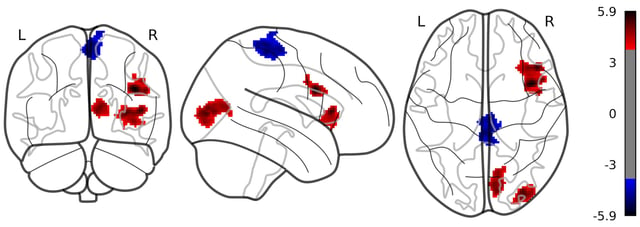Overview
- The eight-day, placebo-controlled study of 64 participants used an fMRI stop-signal task to show that tolcapone increases activation in the prefrontal cortex during inhibitory-control challenges.
- Greater engagement of the inferior frontal gyrus under tolcapone correlated with stronger response inhibition and reduced alcohol consumption among people with AUD.
- Tolcapone enhances dopamine levels in the prefrontal cortex by suppressing the enzyme catechol-O-methyltransferase, an effect linked to improved self-control.
- Authors propose shifting AUD pharmacotherapy toward boosting cortical dopamine to rescue impaired inhibitory circuits rather than solely targeting craving or withdrawal.
- Journal leadership and researchers stress that these mechanistic findings are preliminary and call for larger, longer trials to establish safety and therapeutic efficacy.
